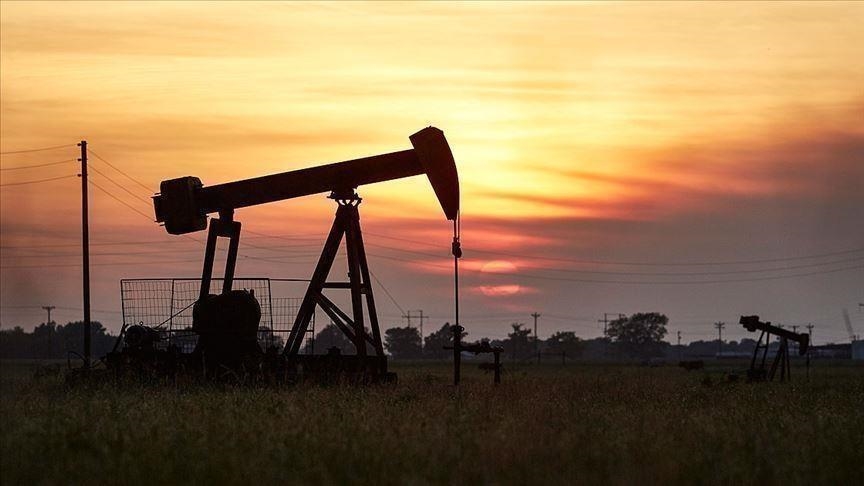Oil prices fell as markets reacted to expectations that US President Donald Trump will announce reciprocal tariffs, forecasts of increasing US crude inventories and ongoing Russia-Ukraine peace talks.
The international benchmark, Brent crude, decreased by around 0.4% trading at $74.02 per barrel at 10.26 a.m. local time (0726 GMT), down from $74.30 at the previous session’s close.
The US benchmark, West Texas Intermediate (WTI) fell by about 0.4%, settling at $70.66 per barrel, compared to its prior session close of $70.93.
President Trump is expected to announce reciprocal tariffs on Wednesday—dubbed “Liberation Day”—which he says will apply to all countries. Earlier in the day, The Washington Post reported that White House aides had drafted a plan for a 20% tariff on most US imports. White House spokesperson Karoline Leavitt confirmed at a press conference that the tariffs would take effect immediately upon announcement.
The new tariffs are weighing on oil prices, heightening concerns that an escalating global trade war could dampen demand.
While investors fear that tariffs could fuel inflationary pressures and slow economic growth, they are also closely monitoring macroeconomic indicators. The Institute for Supply Management’s (ISM) Manufacturing Purchasing Managers’ Index (PMI) fell to 49 in March, missing market expectations and signaling a contraction in the sector.
Meanwhile, the American Petroleum Institute (API) reported that US commercial crude inventories rose by 6.04 million barrels last week, defying market expectations of a 4.6 million barrel draw.
The larger-than-expected build reinforced concerns about softening demand, further pressuring prices. The US Energy Information Administration (EIA) is set to release official inventory data later in the day.
Moreover, developments in US-mediated Russia-Ukraine peace talks remain a focal point for oil markets. President Trump reiterated on Monday his desire for Russian President Vladimir Putin to broker a deal to end the war.
“I want to see him make a deal so that we stop Russian soldiers and Ukrainian soldiers and other people from being killed. But mostly it’s Russian and Ukrainian soldiers,” Trump told reporters in the Oval Office.
He said he does not want to impose secondary tariffs on Russia’s oil, adding “you know, (that’s) something I would do if I thought he wasn’t doing the job.”
The diplomatic efforts to end the war have eased supply concerns, putting downward pressure on prices. However, Trump warned that if negotiations failed and Moscow was deemed responsible, he would impose secondary sanctions on Russian oil. Additionally, he threatened Iran with “additional tariffs” unless it fully dismantled its nuclear program.
While this rhetoric raises the geopolitical risk premium in oil markets, potential US measures against Russian and Iranian oil exports are fueling supply concerns, limiting further price declines.
By Duygu Alhan
Anadolu Agency
energy@aa.com.tr

